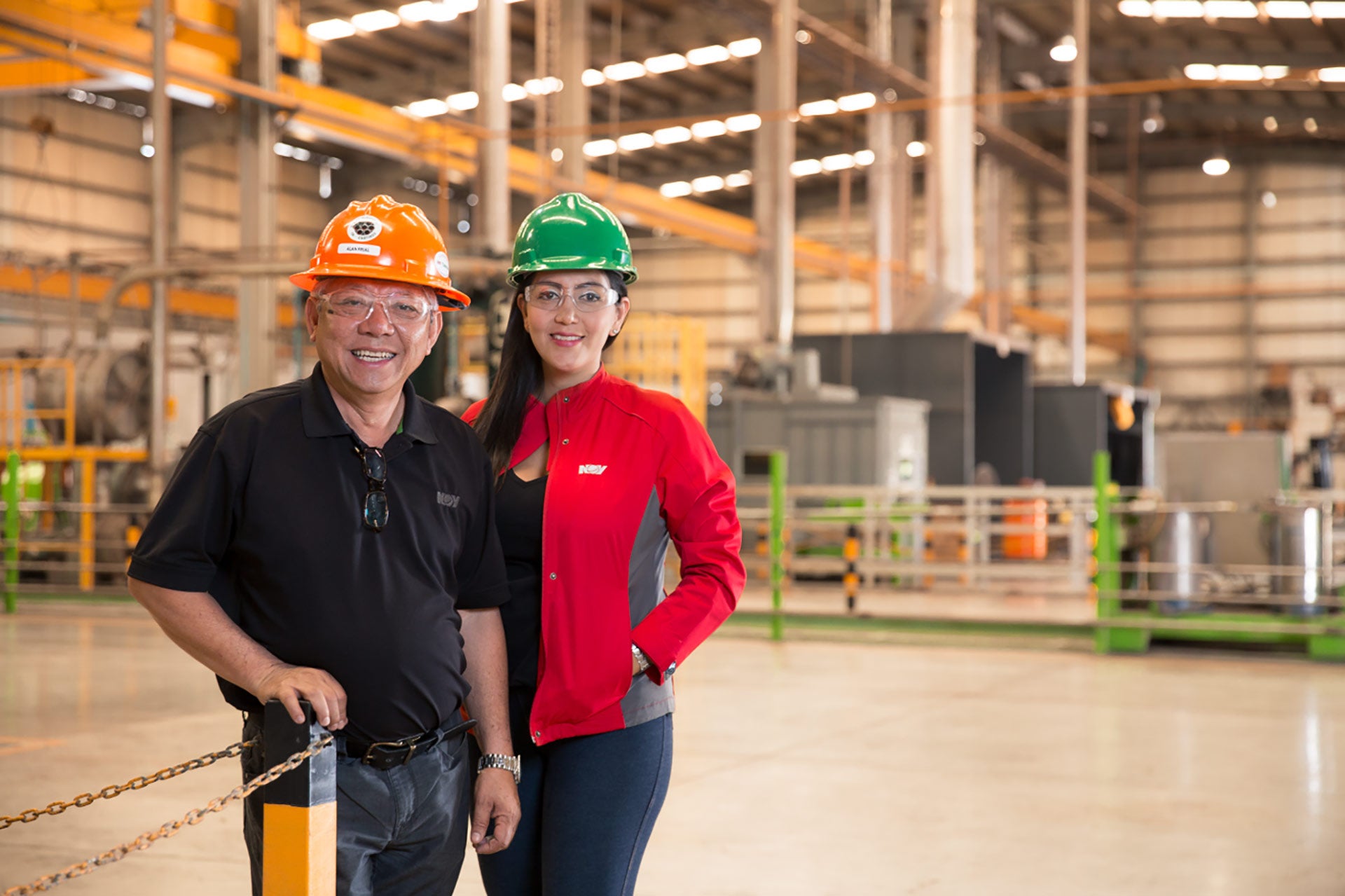Mexico
With Guests Robin MacMillan, Oscar Aguilar, Ruben Tiburcio, Hiram Carranza, Alan Frial, and Adriana Poches
Jul 25, 2017
Mexico has undertaken a major shift in the opening up of their Oil and Gas market. Join NOV Today host Michael Gaines as he travels to Mexico to learn more about this vibrant region of the world.
